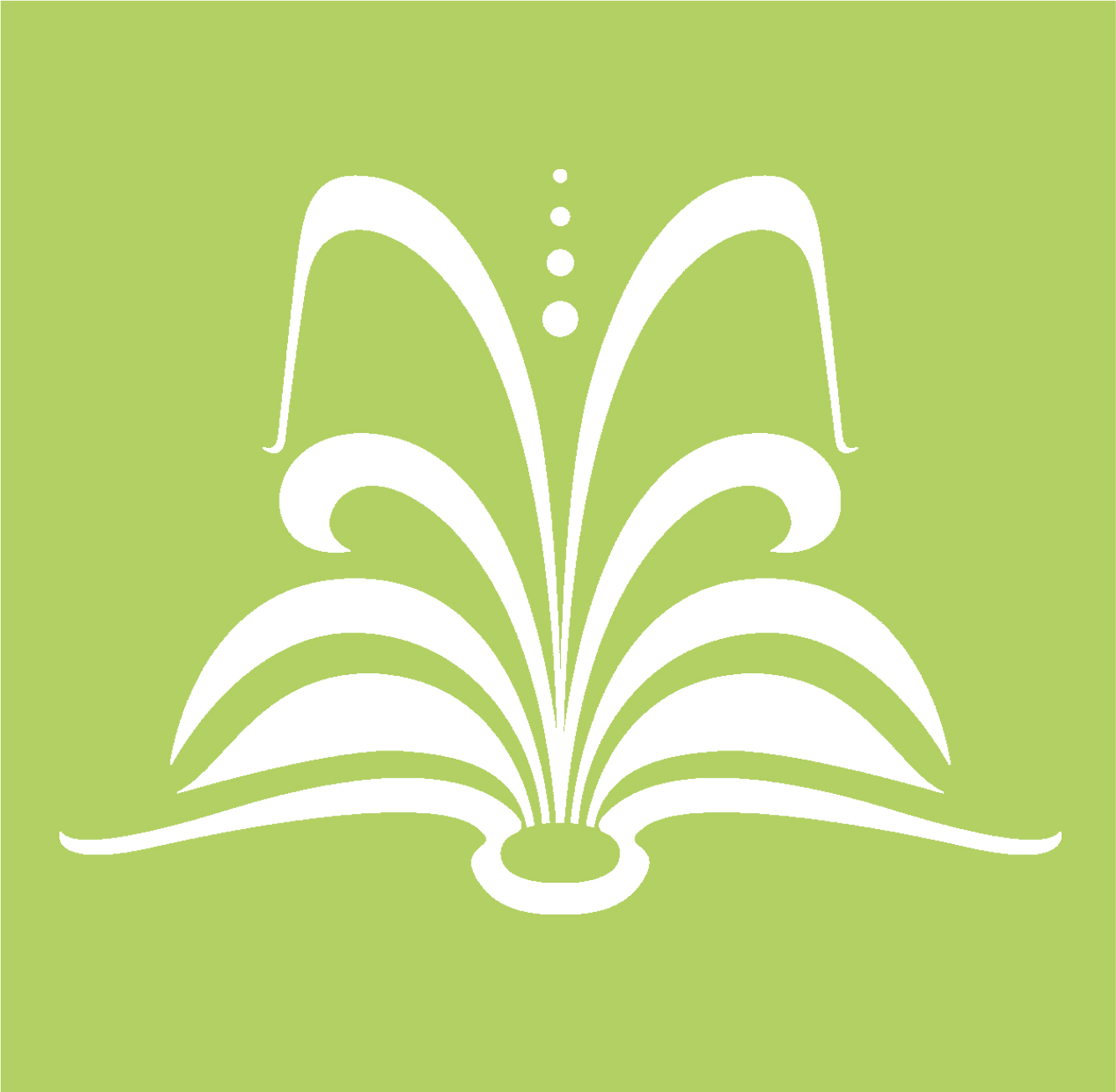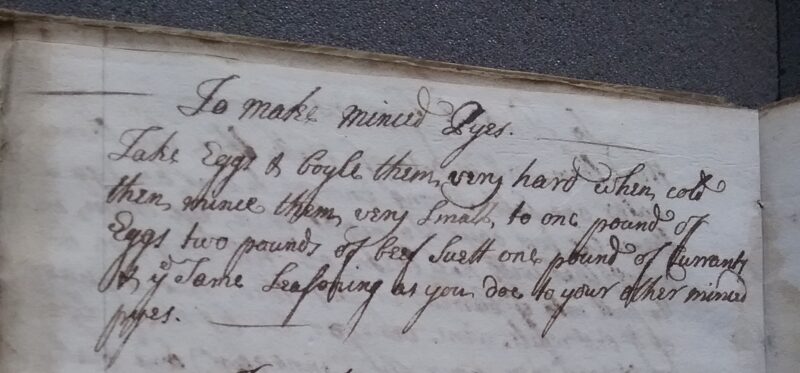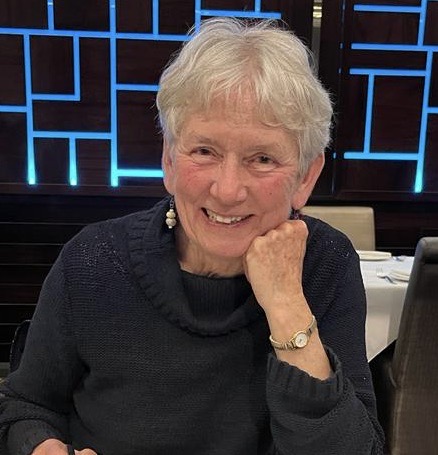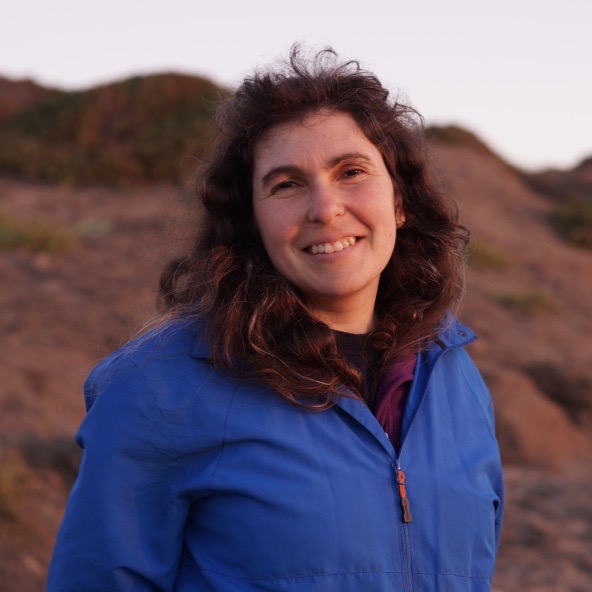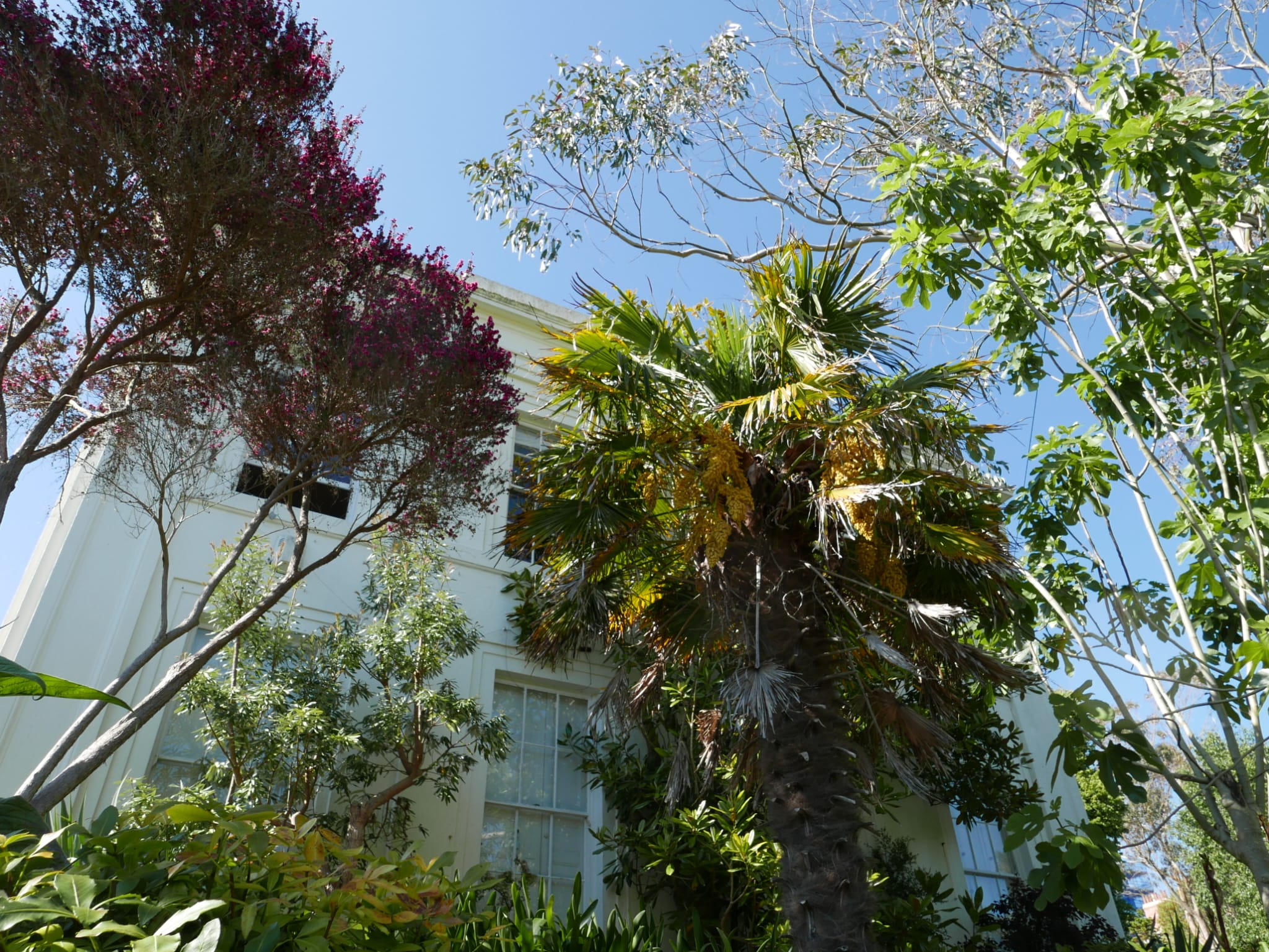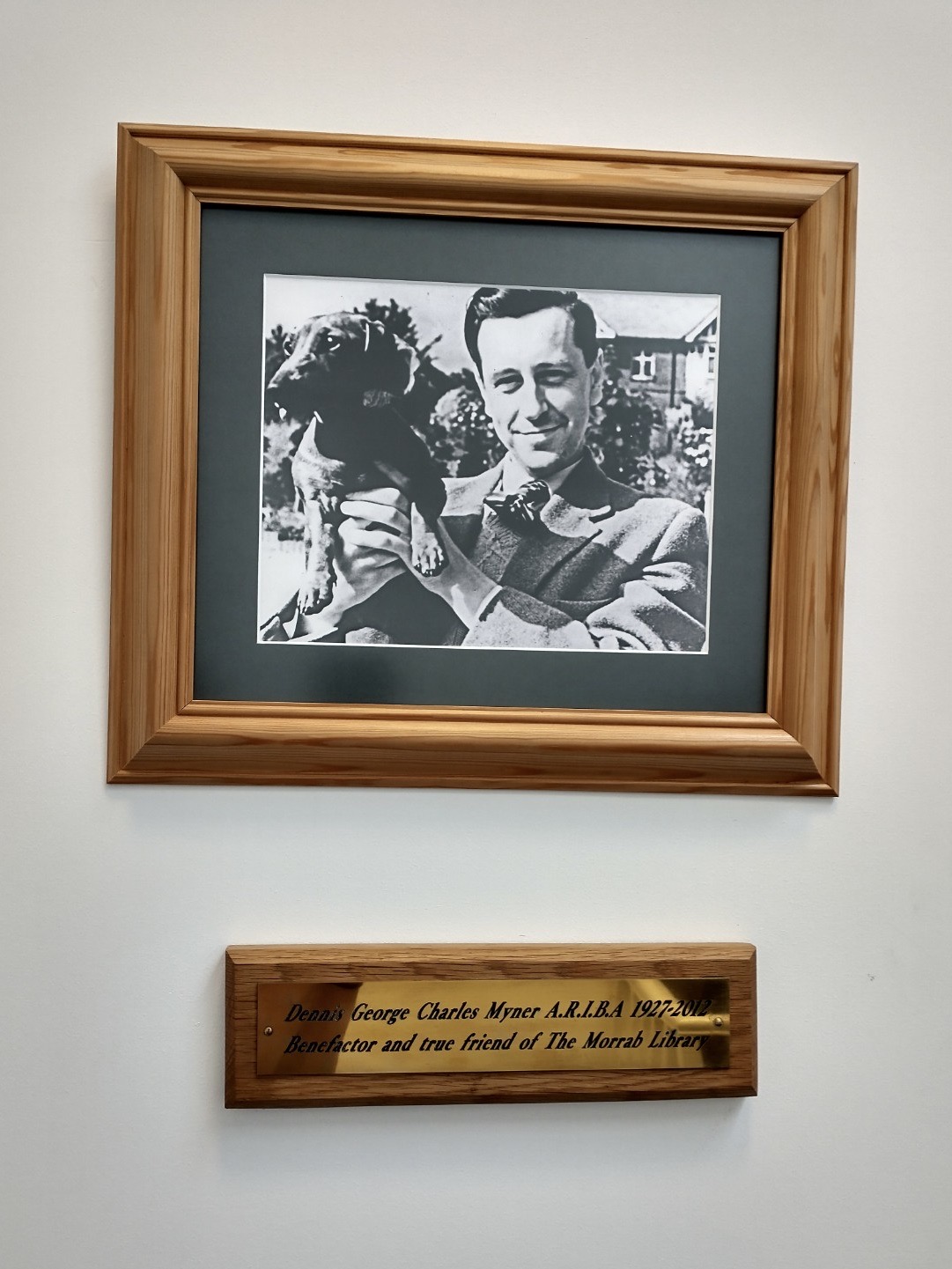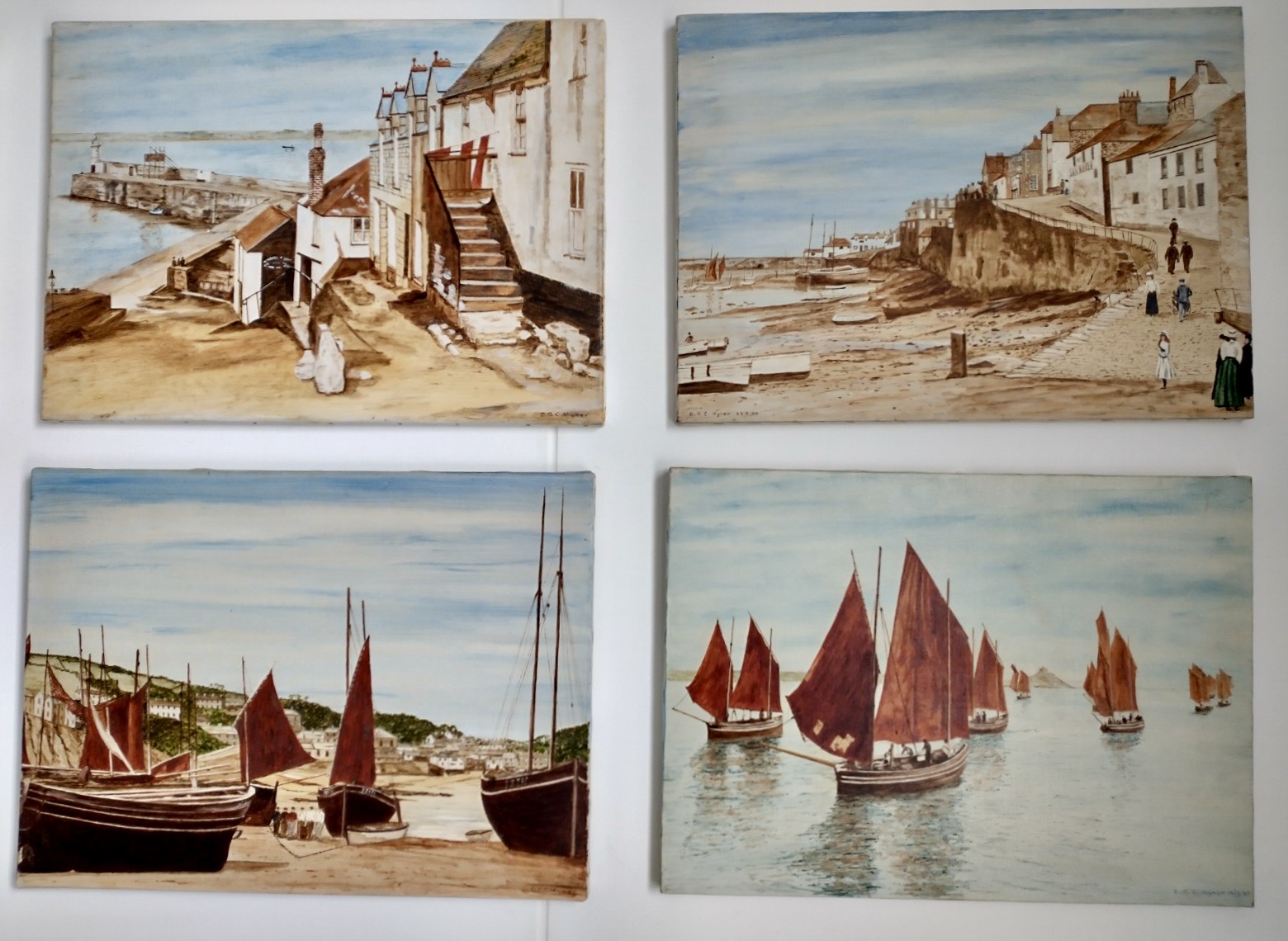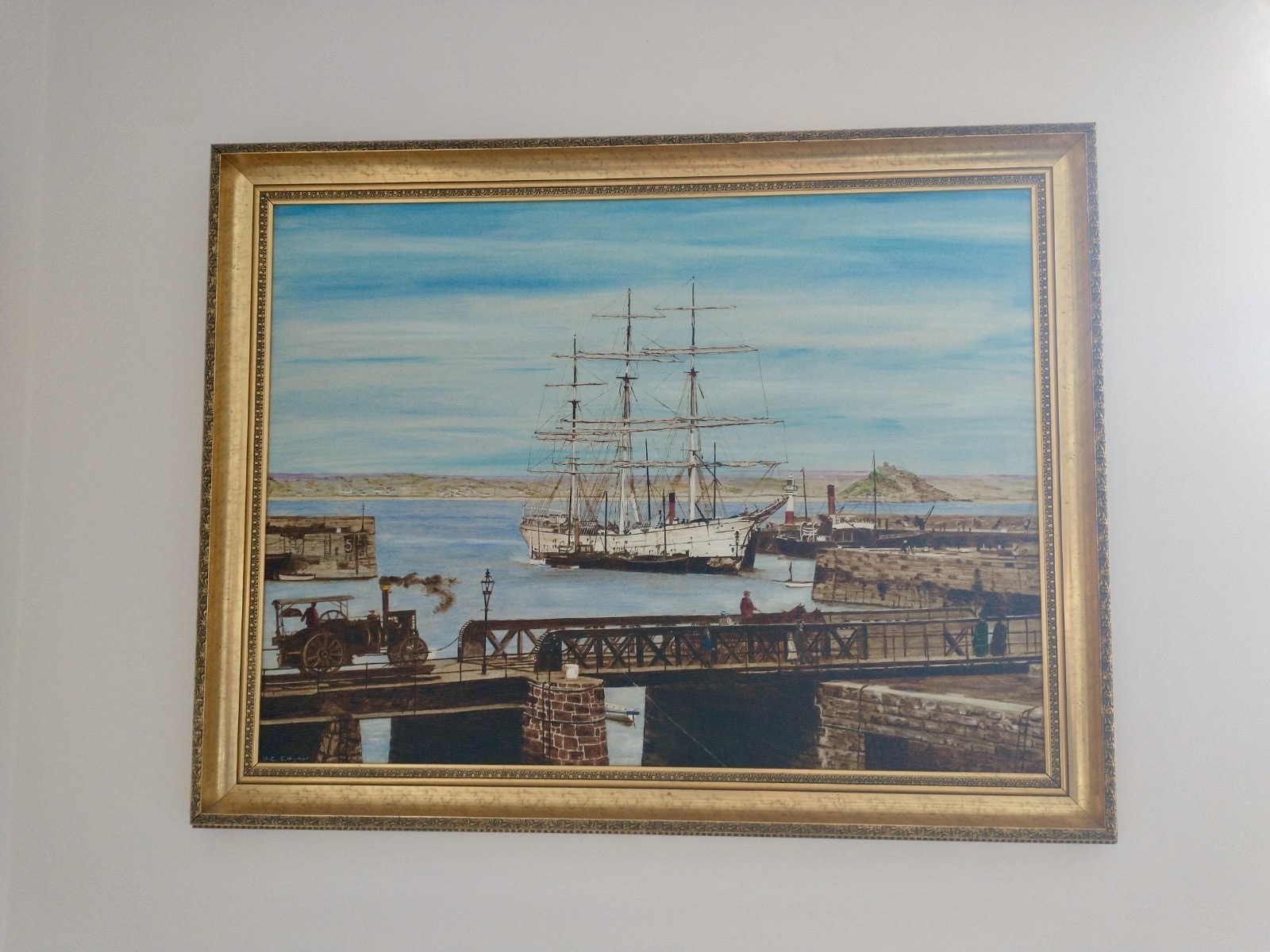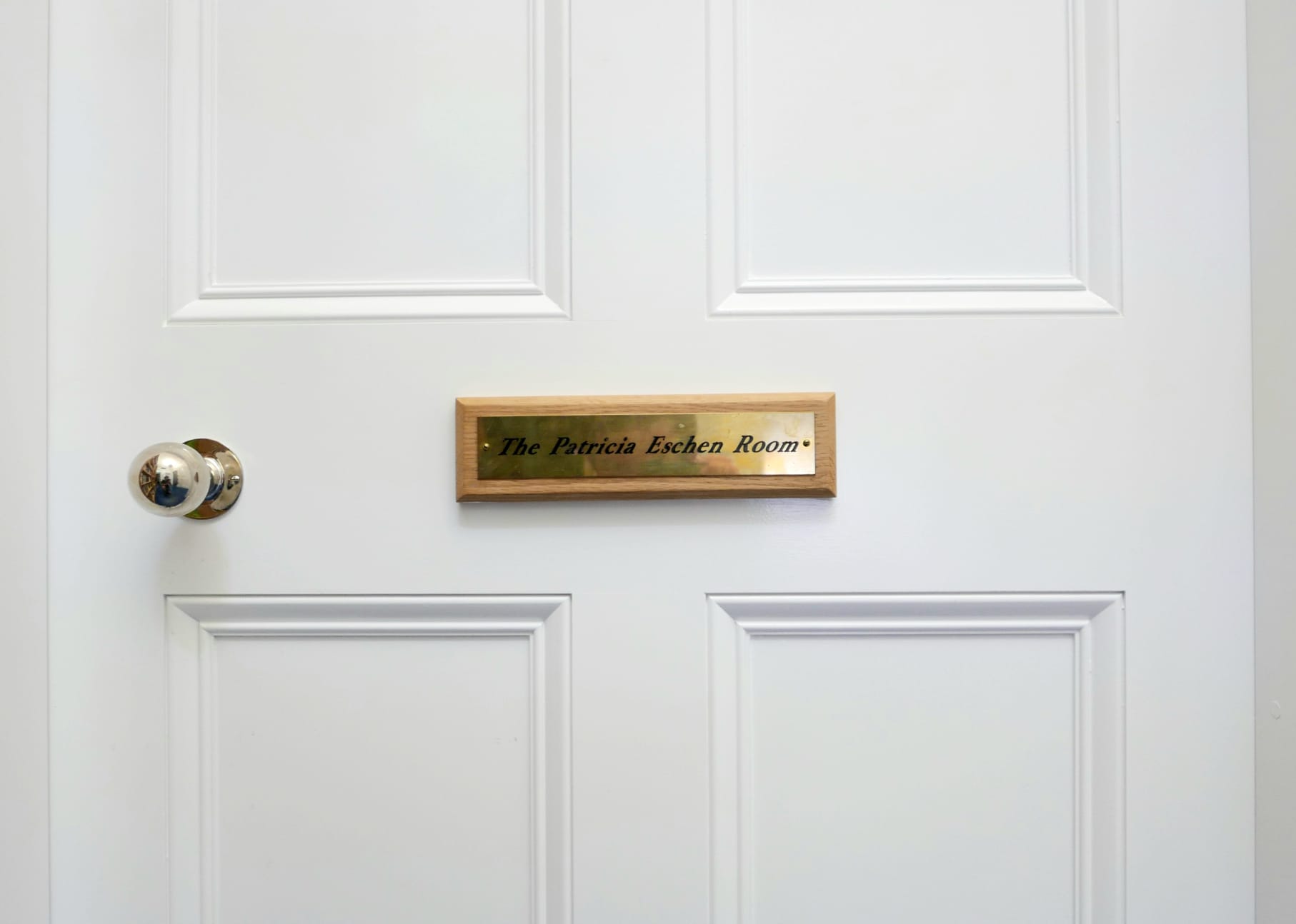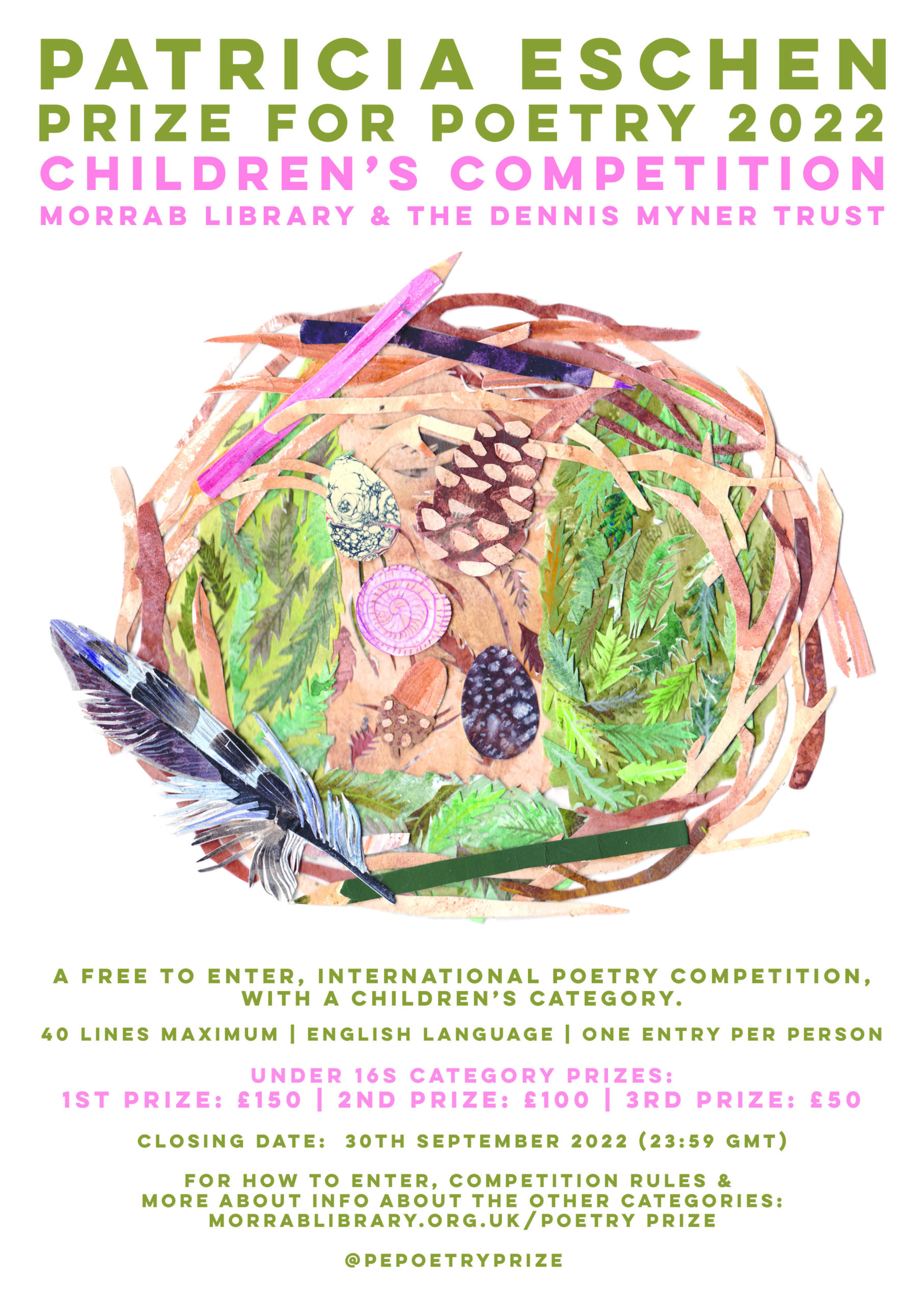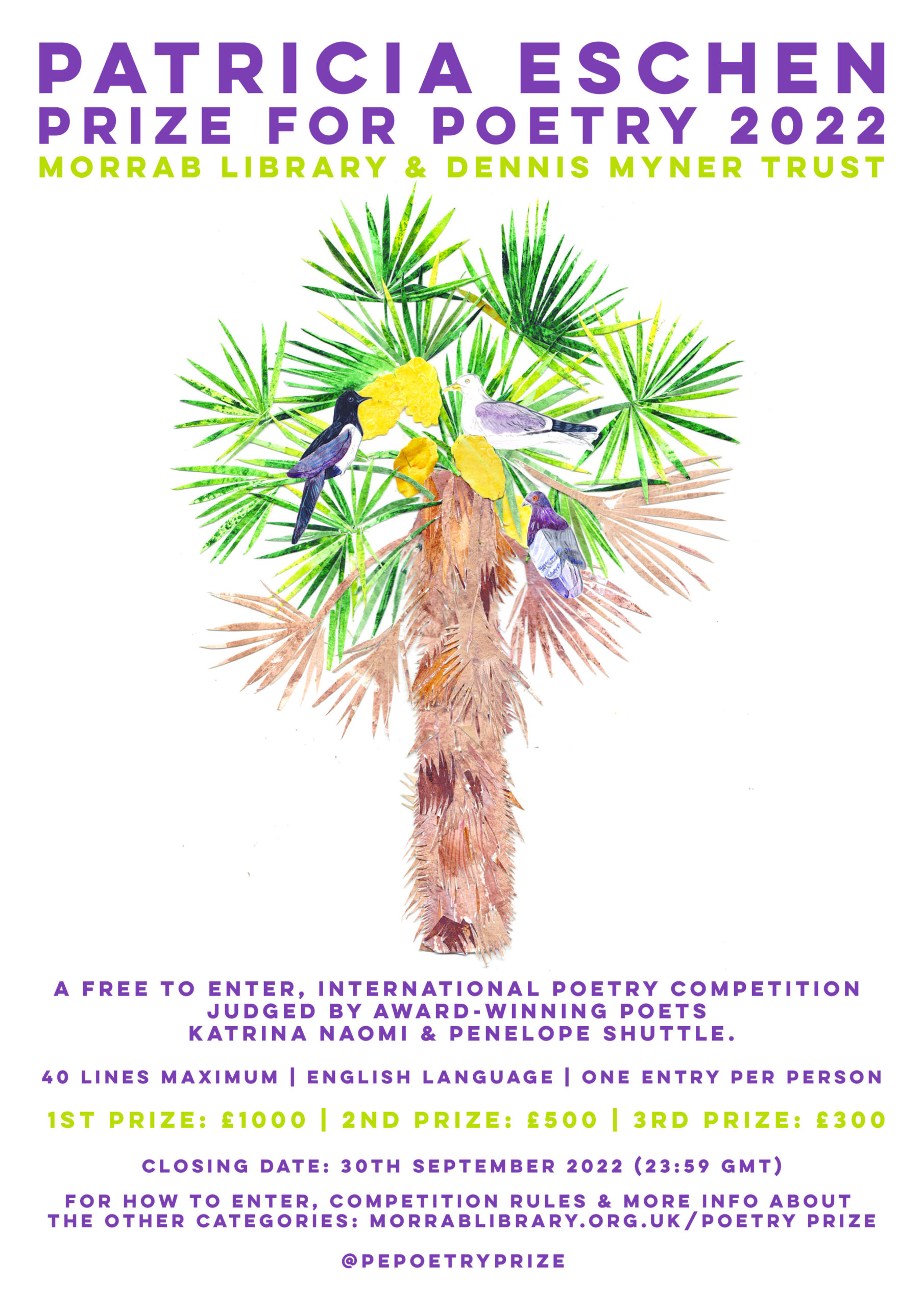Help Us Create Our Penwith Futures Book
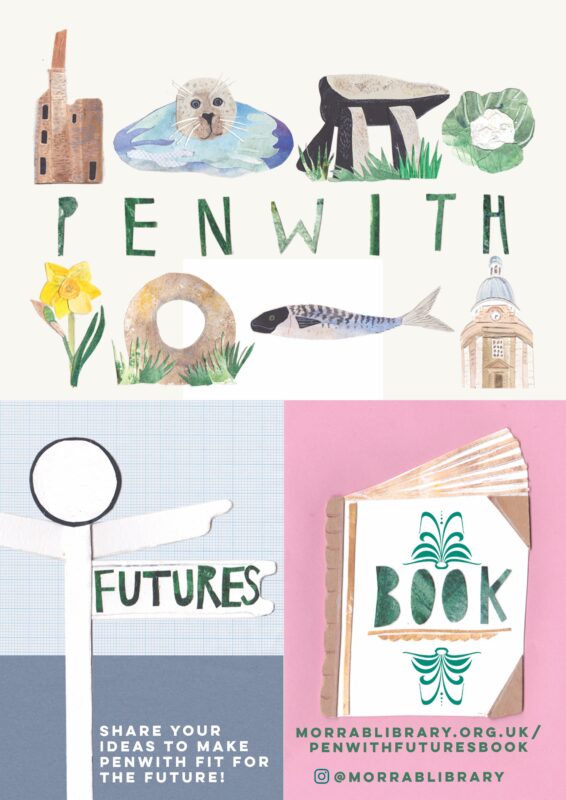
Over the past year you may have seen our Penwith Futures Book postcards and posters in the library and while you’re out and about. We really hope you’ve pinned them to your noticeboard, popped them on the fridge or tucked them inside your bedtime reading as bookmarks, but most of all we hope that you have been mulling over your ideas to contribute to the ‘Penwith Futures Book’.
We’ve received some brilliant submissions so far and lots of interest from members – thank you all – but if you haven’t sent anything in yet we would like to encourage you to put pen to paper and send us your ideas.
As a quick reminder, or a brief introduction for our new members, here is a bit of information about the book and answers to some of the questions you may have…
What is the Penwith Futures Book?
The Penwith Futures Book will be a compendium of your brightest ideas for the future of our local area. We would like you to imagine and then write down what a more environmentally friendly and socially just future could look like locally. We’ll put it all together into one big beautiful book for all to read.
What should I write?
There is no right answer. The entries we have received from people so far have been a personal representation of what really matters to them – reflecting on what they love about living in Penwith, the things they cherish about the landscape, our community and the history of this special corner of West Cornwall – as well as looking hard at some of the problems we’re facing due to the climate crisis.
They have shared their hope and visions for the future – including greater access to nature for all, Cornish lessons for school children, and plastic-free beaches – and given ideas to help steer us there too.
Do you have any examples of other people’s entries to help inspire us?
Here are a couple of excerpts from entries to give you some ideas:
“The rivers and ocean are sewage free thanks to strong government intervention and composting toilets are being installed in all new homes. Now wildlife and people can swim in peace. Several Tidal Power hubs float gently in the distance of Mount’s Bay generating enough clean electricity to power over 10,000 homes without pollution or waste. Windmills proudly stand in the Bay contributing to the
sustainable electricity supply.”
Rich Stever, Founder and Chair of the registered start-up charity, Earth’s Green Guardians (EGG) based in Cornwall, UK.
“How great would it be if Penwith could lead the way in teaching Cornish to an entire generation? To reclaim our forefathers’ language and give its gift to the youngest in our community for them, in turn, to pass on to subsequent generations. To watch the Cornish language flourish beyond the coasts and moors of Penwith.”
Kensa Broadhurst, PhD student.
How can I send in my ideas?
Your entry can be typed or hand written in any style. It could be in bullet points or rhyming couplets, in comic book frames or scribbled jottings, a typed paragraph or spider diagram. We want it to be representative of the people of Penwith, expressed naturally, so please be as creative as you like, adding illustrations, doodles, artwork, maps or photographs to help communicate your ideas.
We only ask that you keep your entries to under 400 words (or up to A4 size if submitting any artwork) and that you submit them by the end of April 2023 either by dropping them in to the library, posting them (Morrab Library, Morrab Gardens, Penzance, Cornwall TR18 4DA) or emailing them to harriet@morrablibrary.org.uk. Please include your name and contact information with your entry so we can chat to you about it.
What if I know some people who are not Morrab Library members but who might like to give their ideas for the book, can I share this with them?
Absolutely, yes!
Perhaps you’re a member of a local history society, or you’re part of a home-schooling group, a bunch of ramblers, a litter-picking tribe, a crocheting club or a choir. We’d love to hear from organisations too.
If you are part of a group that you think would like to share their ideas for the book, please encourage them to get in touch with Harriet (harriet@morrablibrary.org.uk) for more info.
You can also download our poster if you’d like to share it with friends and organisations locally or on social media to help us spread the word.
